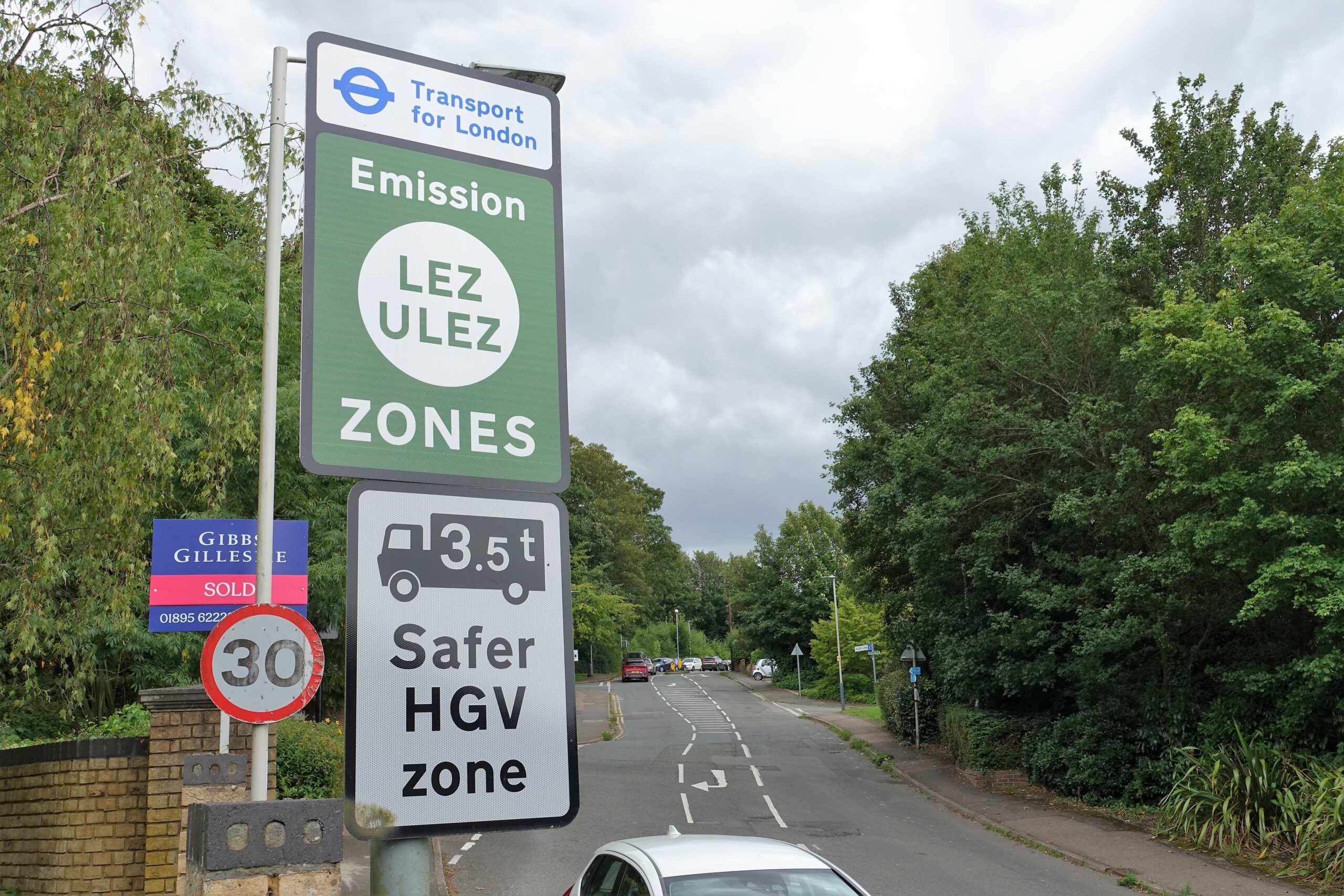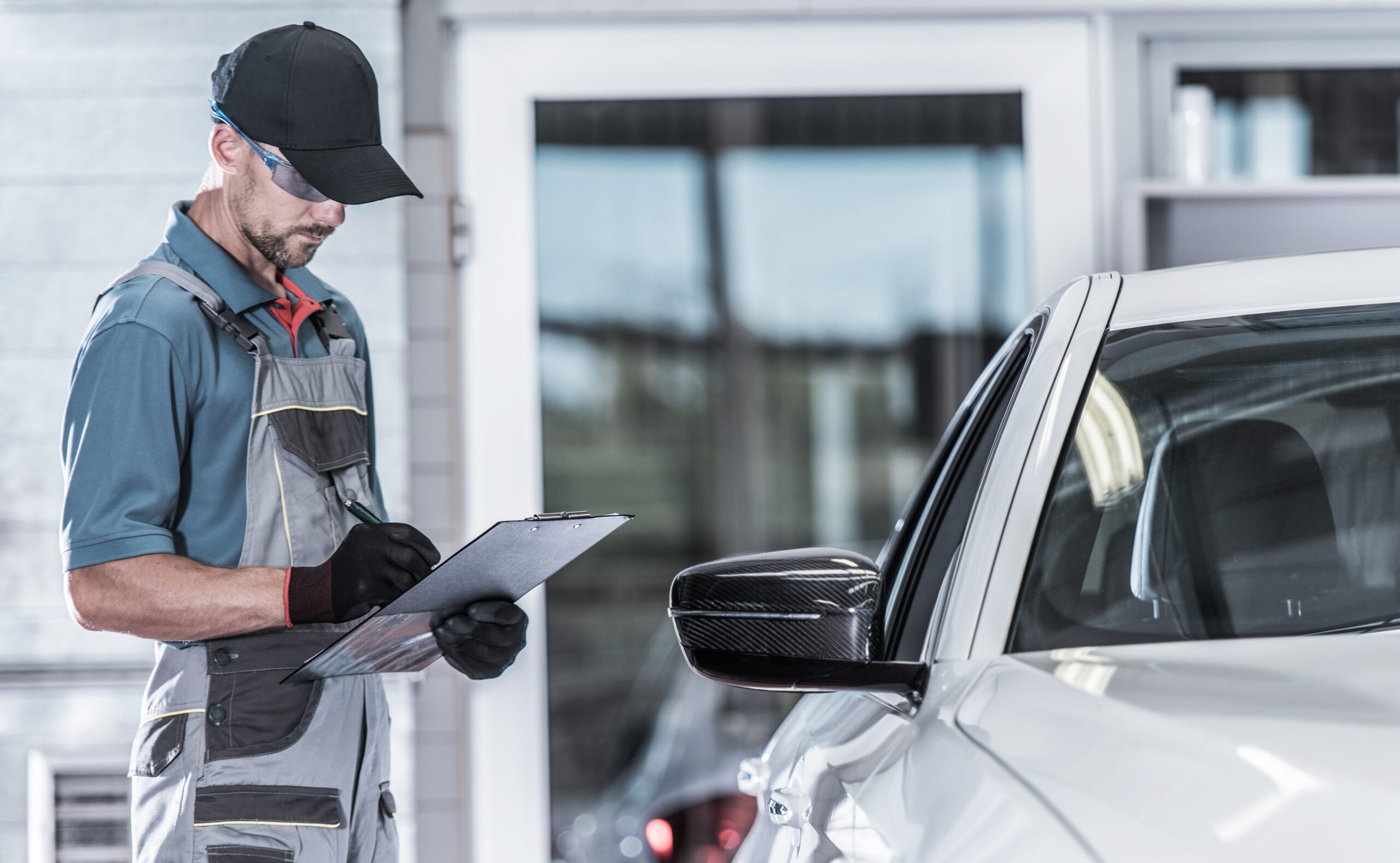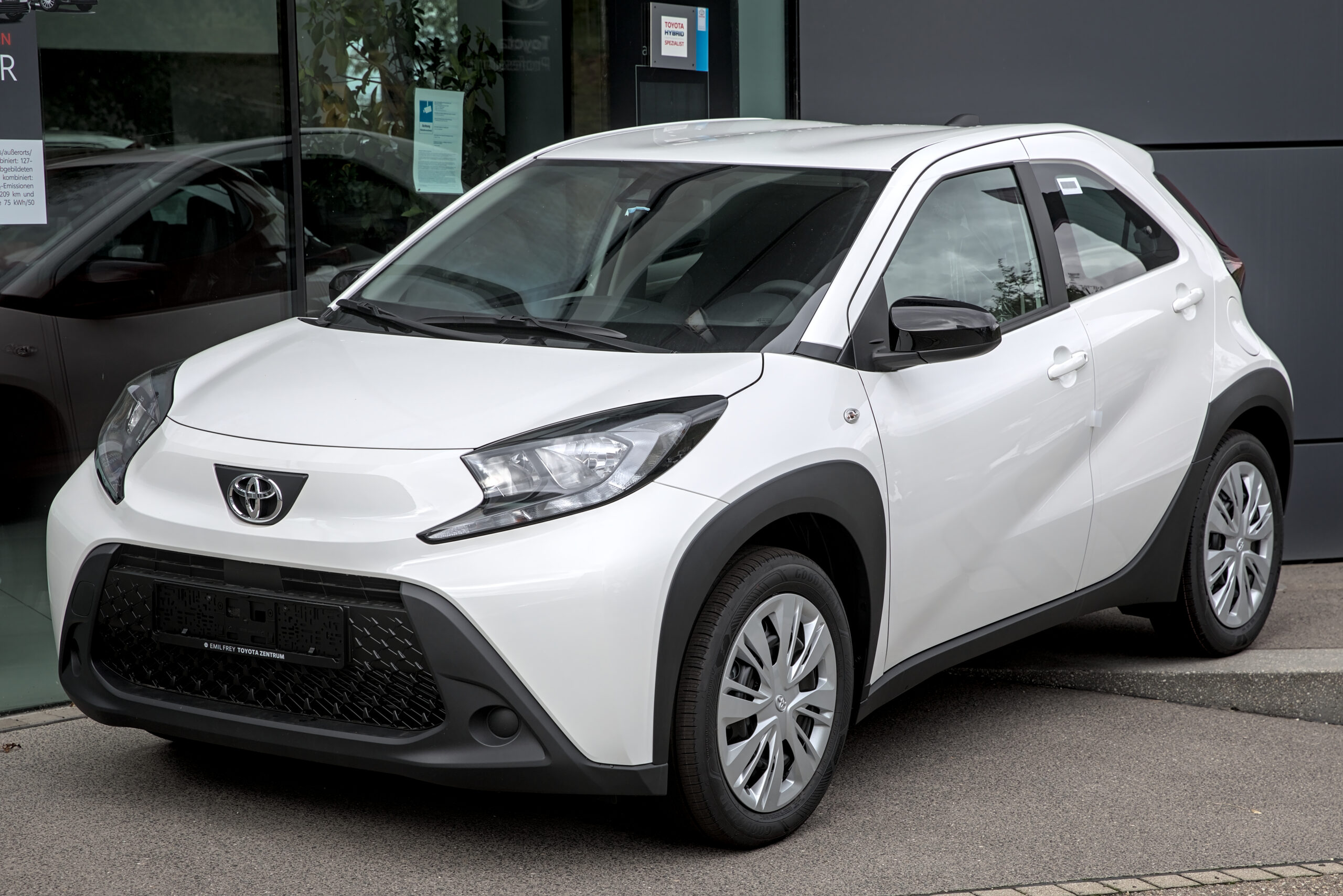
The Role of Electric Vehicles in Reducing Air Pollution
The wider adoption of electric vehicles (EVs) marks a shift in the automotive industry.
At the same time, this trend is significantly contributing to the improvement of air quality and the reduction of greenhouse gas emissions.
Here are the different ways in which the widespread use of electric vehicles helps control air pollution.
Zero Tailpipe Emissions
One of the primary advantages of electric vehicles is their ability to operate with zero tailpipe emissions. Unlike traditional internal combustion engine vehicles that release harmful pollutants directly into the atmosphere, EVs produce no such emissions during their operation.
As an electric vehicle travels, it leaves behind none of the usual pollutants associated with conventional vehicles, such as carbon monoxide and nitrogen oxides. This absence of direct emissions at the point of use adds substantially to improving local air quality.
The difference can be quite apparent in urban areas where vehicular emissions are a major contributor to air pollution. The advent of electric vehicles in these spaces can play a role in achieving better air quality.
Reducing tailpipe emissions is particularly beneficial in densely populated areas where pollution from transportation has direct and adverse effects on public health.
Promoting the adoption of electric vehicles in urban settings can lead to a noticeable reduction in respiratory illnesses and other health issues related to air pollution.
As individuals and businesses increasingly recognise the environmental benefits of EVs, the transition to these zero-emission vehicles becomes not just a choice for convenience but a conscious decision towards a healthier living environment.
Ready to Switch to an Electric Vehicle?
Enter your car’s registration and mileage, sell quickly, and take a step towards a cleaner, greener future with an electric vehicle. No hidden charges.
Expanding EV Charging Infrastructure
One of the ways to support this shift would be to bolster the existing infrastructure for charging EVs. Businesses, for one, can get in touch with a company that specialises in Hypervolt EV charger installation or similar brands to support their growing EV fleet and offer charging services to their customers.
Of course, homeowners can also have the option to install EV chargers in their property for their own vehicles.
Small as they may be, these efforts add to the global mission to reduce carbon footprints and combat climate change.
By choosing electric vehicles and supporting the infrastructure that literally empowers EVs, individuals and organisations can contribute directly to reducing the immediate impact of transportation on local air quality.
In turn, they are also participating in the broader effort to mitigate the long-term effects of climate change.
Also Read: How Can Drivers Help the Environment – Eco-Friendly Driving?
Reduced Greenhouse Gas Emissions
Electric vehicles play a pivotal role in the reduction of greenhouse gas emissions, which is a critical aspect of addressing global climate concerns. While it is true that electricity generation for EVs can still lead to greenhouse gas emissions, the overall carbon footprint of doing so is significantly lower compared to that of traditional vehicles.
The changing landscape of electricity generation is a key factor in this. The shift towards renewable energy sources such as wind, solar, and hydropower ensures that the energy used to charge EVs comes from cleaner sources. This transition renders electric vehicles a crucial component of a broader strategy to decarbonise the transportation sector and reduce its impact on global warming.
Governments and policymakers are recognising the environmental advantages of EVs as well. They express their support by increasing incentives and initiatives to promote the adoption of electric vehicles.
Such incentives range from tax benefits to subsidies for purchasing electric vehicles. This positive reinforcement encourages consumers to make environmentally conscious choices and use EVs to pitch in the collective effort to reduce overall greenhouse gas emissions.
Energy Efficiency and Air Quality Improvement
Beyond the direct impact on emissions, electric vehicles also bring about improvements in energy efficiency that further contributes to air quality enhancement. Electric motors are inherently more efficient than internal combustion engines in terms of converting energy from the power source into vehicle movement.
The growing popularity of electric engines, then, translates to a reduced overall demand for energy. This, consequently, decreases the environmental impact associated with energy production and consumption.
More than just being more environmentally friendly, EVs are also more economically viable. Consumers who purchase these vehicles can benefit from lower energy costs per mile compared to traditional vehicles. This encourages them to do their part in supporting a more sustainable and eco-friendly energy ecosystem.
The improved energy efficiency of electric vehicles also has a positive effect on air quality by decreasing the dependence on fossil fuels. By using electricity, EVs help support the further development of sustainable electricity sources and reduce the emission of pollutants associated with fossil fuel combustion.
It’s clear that the wider adoption of electric vehicles serves a multifaceted role in finding the solution to the complex issue of air pollution. From eliminating tailpipe emissions and reducing greenhouse gas emissions to improving energy efficiency and air quality, electric vehicles play an active role in ushering a cleaner and more sustainable environment.
By continuing to advance these technologies and recognizing the environmental imperatives that necessitate the development of these cleaner energy sources and transportation options, individuals, businesses, and governments can make collective progress towards improving air quality.




















